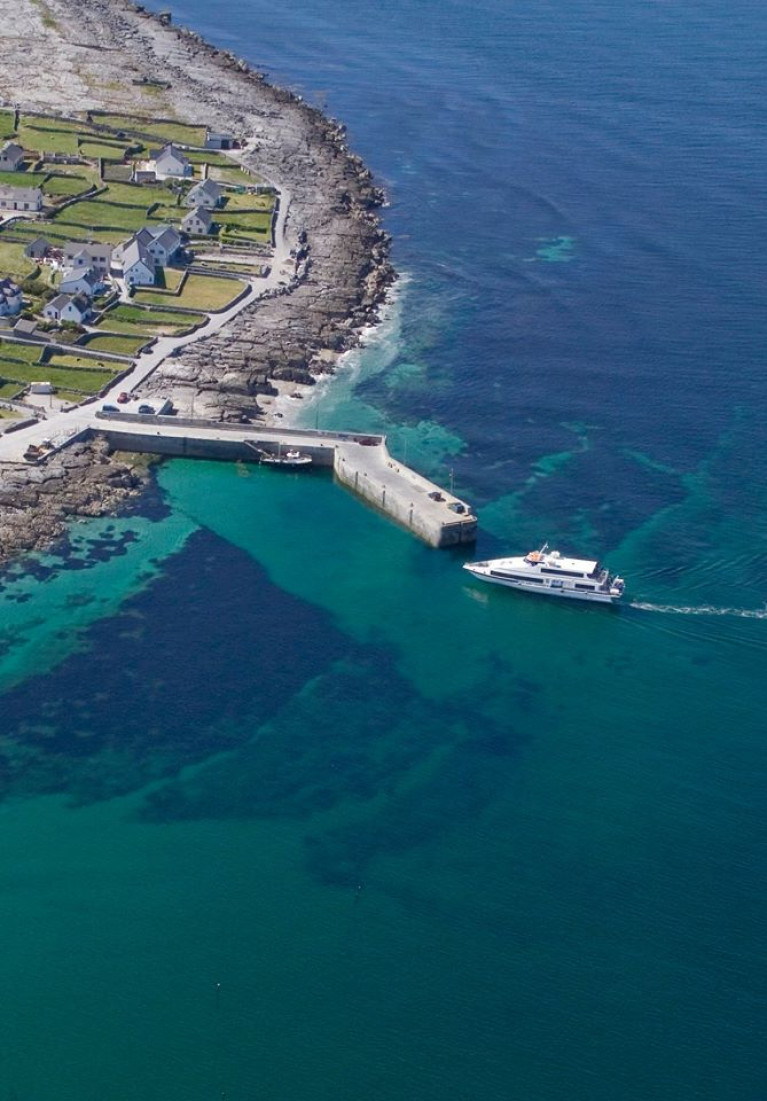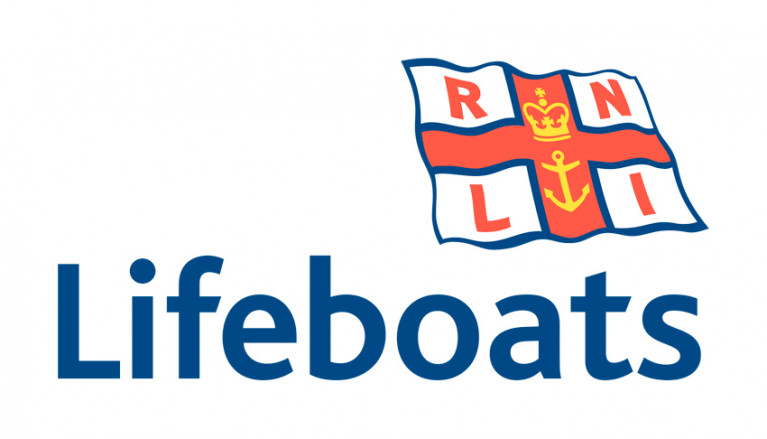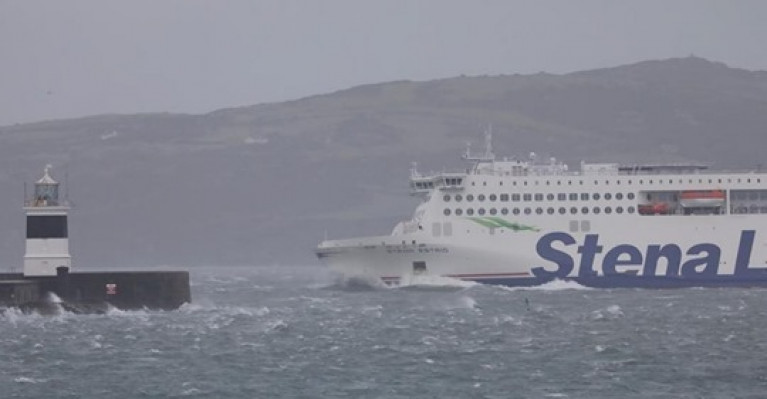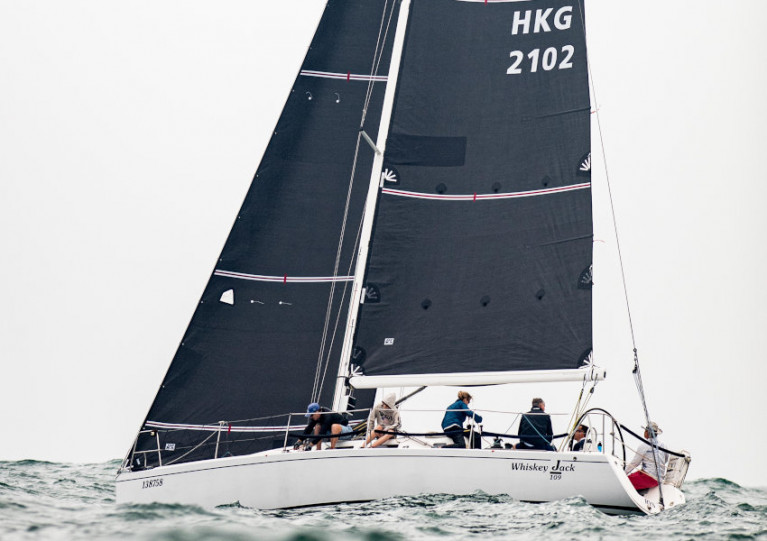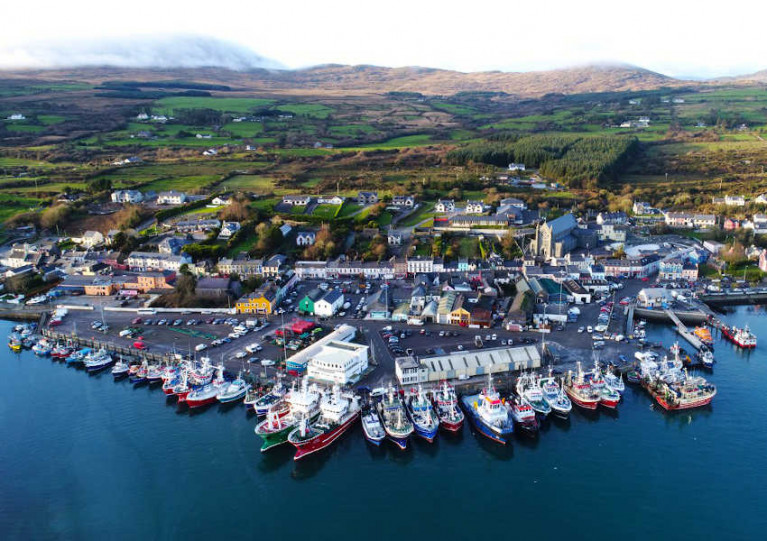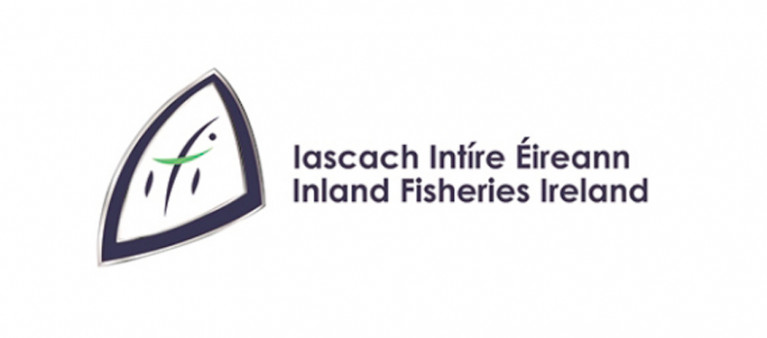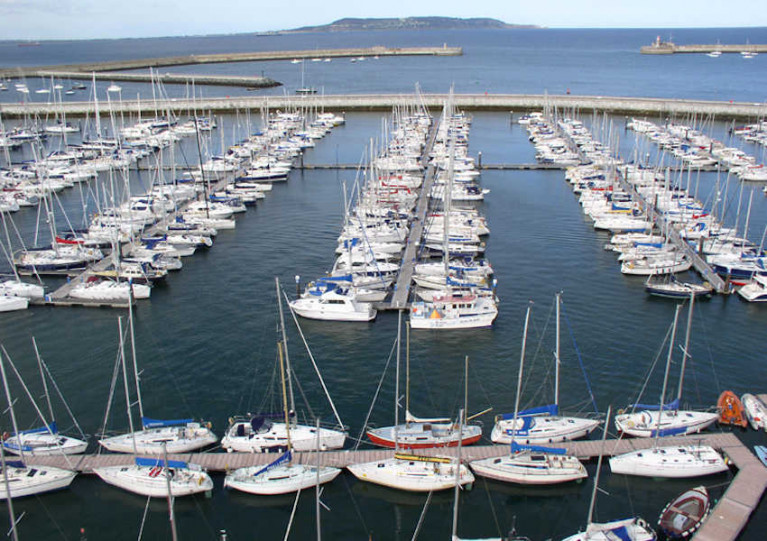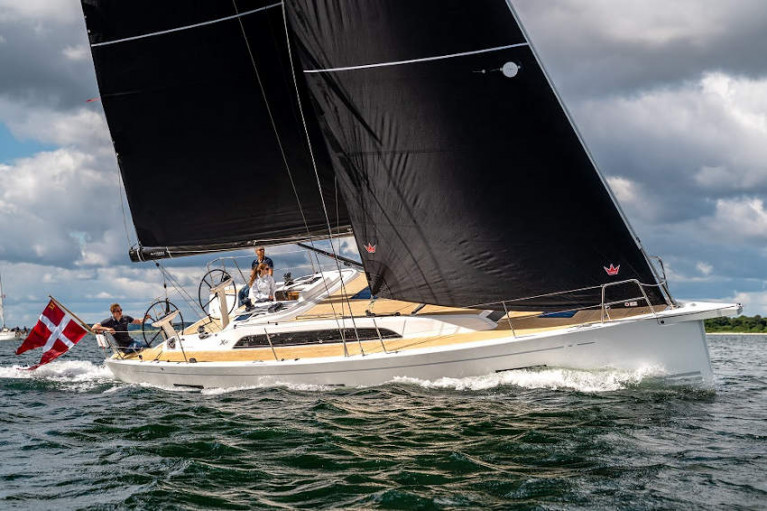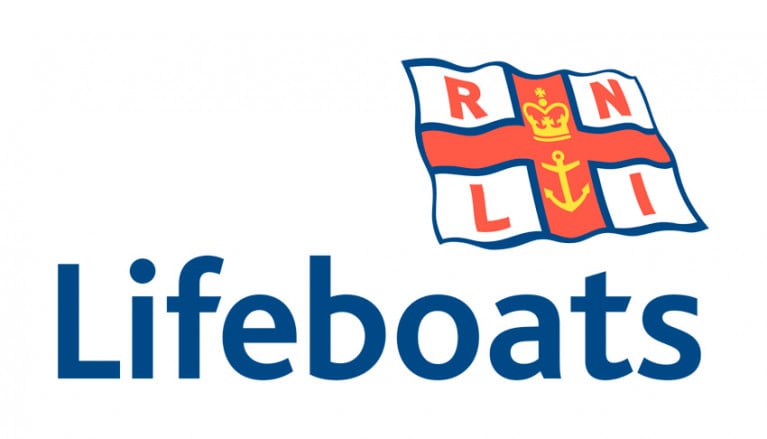Displaying items by tag: COVID19
Coronavirus: Marine Minister Says Talks On Possible Options With Fishing Sector ‘Constructive’
Marine Minister Michael Creed spoke with representatives of the fishing sector yesterday (Friday 20 March) to discuss next steps amid the challenged of the Covid-19 outbreak.
As reported on Afloat.ie by Lorna Siggins yesterday, fears have been growing that Ireland’s fishing fleet could be forced to tie up in port, following the virtual disappearance of their primary European markets as the continent goes into lockdown.
Already, the Irish Examiner reports that one fish processor, the Castletownbere Fishermen’s Co-Operative, has closed for the coming week but could remain shut for up to three months.
Minister Creed said his videoconference with fishing representatives was “constructive”.
“It is very clear that, as with many other sectors, the fisheries sector is facing very difficult times as its traditional markets both in Asia and now in Europe have been effectively closed.
“The bad weather earlier in the year has resulted in lower than normal catches and therefore both the crew and vessel owners were already in a disadvantaged position.”
All parties discussed the possible options available to the sector, with a focus on redirecting supply of whitefish normally sold in Europe to Irish fish counters and consumers and “keeping food on the tables of our citizens, keeping those in the sector in their jobs and sustaining, where possible, economic activity in the sector”, the minister added.
Bord Iascaigh Mhara has been asked to work with the Department of Agriculture, Food and the Marine and the industry to provide practical support for the necessary changes.
The minister has also written to EU fisheries commissioner Virginijus Sinkevičius seeking changes in EU regulation that would allow for temporary frozen storage and support the sector during this crisis, and to consider providing EU aid to the Irish fleet to cease fishing on a temporary basis.
In the meantime, the department says normal service is continuing at the six State-owned Fishery Harbour Centres at Castletownbere, Dunmore East, Howth, Killybegs, Dingle and Rossaveal.
“It was clear to me that the fishing sector shares the concerns of every citizen and is committed to mitigating the health risk for all including sectoral workers,” said Minister Creed. “I appreciate that as food suppliers they have a special role and are committed to doing their part during these difficult times.
“The Government is fully appreciative of this considerable effort and I will provide necessary supports to the sector over the coming period.”
A number of offshore islands have gone into lockdown due to the coronavirus pandemic with tourists and holiday home owners being discouraged from travelling there.
Ferry companies serving the three Aran Islands (Inis Mór: see story) and Inishbofin have agreed to discourage tourists from travelling during the crisis.
Island leaders have stressed that there are many vulnerable people living offshore and that logistically they may not have the same access to testing and care as people living on the mainland.
For more click the Irish Examiner here
The RNLI is urging anyone planning a visit to the coast to stay safe and not take any unnecessary risks.
Given the current Covid-19 outbreak in the UK and Ireland and the importance of social distancing and avoiding non-essential contact with others, coastal areas may be seen as providing an opportunity to enjoy fresh air and exercise while adhering to government guidance.
However, our coastal areas can also present dangers of their own. The RNLI is asking people to ensure they follow essential water safety advice.
Please take the time to take note of signage at the entrances of beaches advising of the local hazards, check tide times to avoid being cut off and to check weather conditions before setting out as these can change quickly.
If you see someone in difficulty, or you get into difficulty yourself, please call 999 or 112 and ask for the coastguard.
Gareth Morrison, RNLI’s head of water safety, said: “Our beaches and coastal areas may see an increase in visitors in the days and weeks to come, so we’re urging everyone to follow our advice and stay safe.
“Whether you’re fishing, surfing, kayaking, sailing or just going for a walk, we’re asking people to be extra responsible and to avoid taking unnecessary risks to themselves and others which could put unnecessary pressure on front line services.”
The RNLI advises coastal visitors to:
- take care if walking near cliffs — know your route;
- check tide times daily;
- if going afloat, carry a means for calling for help and always wear a lifejacket;
- check your equipment is in good working order; and
- be aware of the conditions and your capabilities and only enter the water if it is safe to do so.
“During these unprecedented times, we have taken steps to close our lifeboat stations and shops to the public. However RNLI lifeboats and stations remain fully operational and we will still launch to those in peril on the sea,” Morrison added.
“As with all public places we’d encourage people to follow guidelines provided by the government to maintain a two-metre distance, follow good hygiene practices and avoid mass gatherings.”
More safety advice can be found at rnli.org/safety
On the Irish Sea ferry company Stena Line has told staff they won't be paid their normal sick pay during the Covid-19 pandemic, a union has said.
The Rail and Maritime Transport Union (RMT) said the ferry giant has removed its normal sick pay rules - which entitles workers to full pay when they are off - leaving them only entitled to the statutory minimum of £94.25 per week.
The RMT attacked the move and one worker said it risked staff going to work even if they are feeling ill - potentially increasing the risk of spreading the coronavirus.
The move impacts staff at ports like Holyhead and Liverpool in the UK, Dublin in Ireland and crew on vessels.
North Wales Live reported that a source close to the company said the move was needed to protect the firm's future during the coronavirus crisis.
For more on this ferry development from WalesOnLine click here
In light of the coronavirus situation effecting Ireland, Afloat.ie got in touch with Barry Hayes from UK Sailmakers Ireland, who has lived in three continents, to share his experience in Asia and what’s going on with Covid-19 in Hong Kong’s sailing community.
Barry says: “Having lived in HK for so long, I can tell you they have vast experience with viruses! For example, HK has had influenza, swine flu and the SARS virus. They hit very hard in HK and the people responded to it.
“Yes, clubs closed and people lost jobs. Racing stopped for a short time. It returned and they recovered quickly.
This year, Covid-19 really hit home in Hong Kong around Chinese New Year festivities on 24 January. “When HK started to go into lockdown schools were closed, and still are. From there all racing was stopped and the clubs closed.
“But this time the HK government felt it was better to keep the clubs going and get people out sailing. So they didn’t let the clubs stay closed for long — pushing them to reopen as soon as a low in the virus came so people got out and got active in the sun.
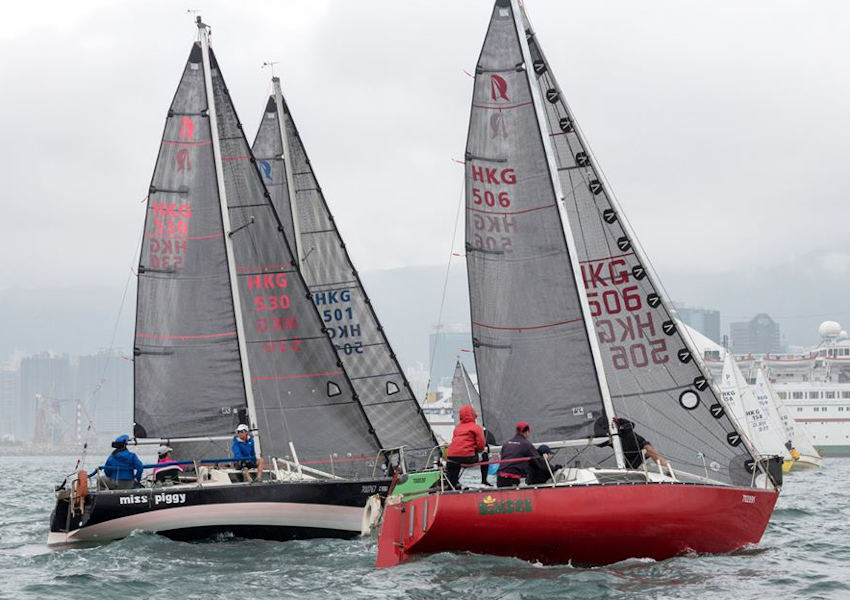 Racing in Kowloon Bay at St James’ Place Ladies Helm Day on 8 March | Photo: RHKYC/Guy Nowell
Racing in Kowloon Bay at St James’ Place Ladies Helm Day on 8 March | Photo: RHKYC/Guy Nowell
The upside of this, Barry says, is that “there is light at the end of the tunnel”.
“Last weekend HK returned to full racing. Just eight weeks after the virus hit the hardest. They held the Hong Kong IRC Nationals on 14-15 March.
“This virus will affect us but we will rebound. I am sure, having lived in both countries, we need to work super hard to reduce the contact between humans as much as we can. And Ireland seems to be working hard on doing this.
“I know in the short term it seems impossible, but I can tell you from experience we will be back racing with a delayed season.
One of the boats sailing in last week’s HK IRC nationals was Nick Southward’s modified J109, Whiskey Jack.
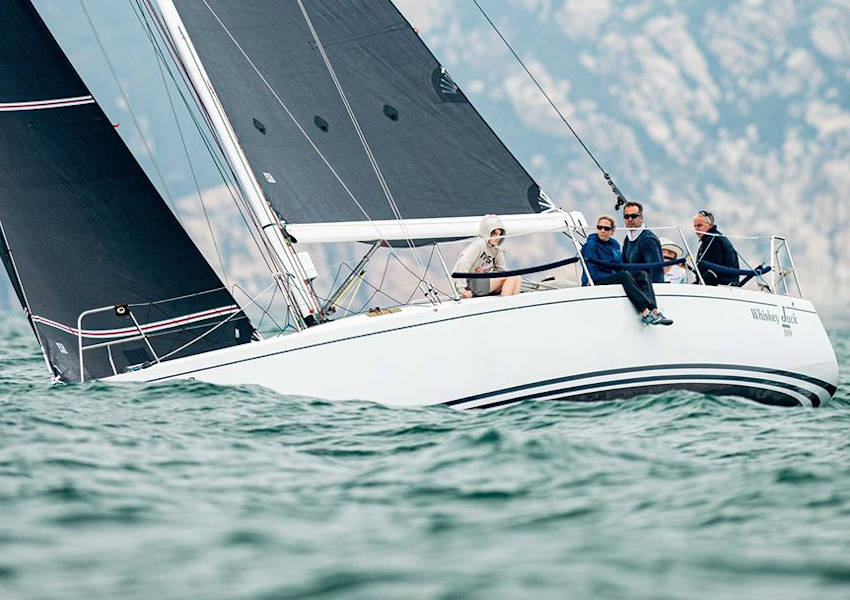 Whiskey Jack on day 3 of the Hong Kong IRC Nationals | Photo: ABC/Takumi Furuichi
Whiskey Jack on day 3 of the Hong Kong IRC Nationals | Photo: ABC/Takumi Furuichi
Nick, of the Royal Hong Kong Yacht Club and who will be chartering Imp for Cork Week, said that with border restrictions imposed early on, the infection rate in HK has been very slow.
“The threat now appears to be infections from people flooding back into HK from Europe and the US, but there is now a travel restriction in place and all who arrive have to go into a compulsory fourteen day quarantine at home. This monitored by a smart bracelet, an app and the police to ensure enforcement.”
Beyond that, Alex Johnson, manager of HK’s Aberdeen Yacht Club, reports that life is “sort of normal, but restricted in terms of what you can do”.
“The population is also very clued-up after SARS which really has helped to combat the virus. Everyone wears face masks, liberally uses hand sanitiser and luckily the toilet roll supply is now constant!
“HK is not out of the woods yet but the infection rate on the mainland has dropped dramatically so everyone is hopeful.”
Fishing Fleets Urged To Stay In Port This Weekend As Industry Threatened By Restaurant Closures
Fishermen based on the South and West Coasts have been advised to pause fishing from this weekend until measures are put in place to protect the industry, after its main market collapsed due to European lockdowns against Covid-19.
RTÉ News reports from Castletownbere Fishery Harbour Centre, where concerns are widespread among the fishing fleet and seafood producers such as the local co-op — which normally sells 100% of its prawn catch to Italy, where the restaurant trade has been closed.
Important markets in Spain and France have also dried up as extraordinary social measures are put in place to control the spread of the virus.
And prices have plummeted, with John Nolan of the Castletownbere Co-Op saying white pollock, which normally sells for €3.50 to €4 per kilo, is now trading in the UK at a mere 40p sterling.
“It wouldn’t pay for the diesel for the boat to go fishing,” he said.
Fishermen in the south and west are being urged to cease fishing this weekend until a system is put in place to keep the industry afloat. With the restaurant trade drying up due to #coronavirus, the market for fish has completely collapsed here and throughout Europe. pic.twitter.com/3Th2c8oxpW
— RTÉ News (@rtenews) March 19, 2020
Inland Fisheries Ireland Issues Statement On Covid-19 Response
In a statement issued yesterday evening (Wednesday 18 March), Inland Fisheries Ireland confirmed measures it has put in place in response to the ongoing Covid-19 pandemic emergency.
“Following the HSE and the Government’s advice in relation to the delay of Covid-19, Inland Fisheries Ireland (IFI) has put in place a number of measures to maximise our capacity to continue to deliver our business and statutory services to the public,” the angling authority said.
“All main River Basin District (RBD) offices remain open with a minimum staff complement. IFI strongly encourages the public to engage with IFI using email, telephone and letter.
“IFI has requested that office-based staff, if possible, work from home. In the circumstances, there may be delays in replying to queries.”
It added: “IFI field staff continue normal operations bearing in mind current HSE advice. IFI staff may attend meetings remotely only (e-meetings, conference calls etc).
“Those wishing to purchase licences or permits, pay bills or undertake other financial transactions with IFI are requested to do so online, via telephone, bank transfer or by post.
“IFI has a 24-hour confidential hotline (1890 34 74 24 or 1890 FISH 24) through which members of the public may report incidents of illegal fishing, water pollution and invasive species which will continue to operate.”
Meanwhile, in the north of the lsland, Loughs Agency offices, including the Riverwatch Aquarium in Derry, were closed to the public from 5pm last Friday evening (13 March).
“The majority of services delivered by the agency will continue, particularly those undertaken in open spaces such as fishery protection patrols,” the cross-border body said.
“Anglers can continue to purchase fishing licences online or over the telephone +44 2871 342100.
“Anglers are also advised that the forthcoming North West Angling Fair, due to take place on 4-5 April, has been cancelled.”
Dun Laoghaire Marina remains open and fully operational amid the ongoing Covid-19 disruption, its management have confirmed.
In a statement, the marina’s general manager Paul Janson said: “We all need a safe port in a storm and in the current worrying times, we wanted to tell you what we are doing to help reduce the stress and uncertainty that you are likely going through.
“At the marina, we are listening to and following the advice of the HSE, the Dept of Transport and DLRCoCo. We are developing our Business Continuity Plan to maintain the best possible service and security should anything change with business as usual.
“At this time, we are open and fully operational. Our teams are out checking your boat, your fenders and lines on a daily basis. It is our hope that this service will be maintained throughout, no matter how severe conditions become.
“We understand that marina operational staff have been allowed to continue this work in Spain despite that country being in lockdown and boat owners excluded, we hope that avenue will still be available to us here in Ireland.”
Janson emphasised to marina users that they “may not self-isolate onboard your boat within Dun Laoghaire Marina. If you are self-isolating and you’re concerned about your boat, please get in touch over email or phone and we will keep an extra-close eye on your boat.”
He added: “Please also consider the health of our small team of marina staff. Only visit the office if it is absolutely necessary, payments for electricity, etc must be cashless at this stage.
“When you see staff out and about on the marina, please remember to adhere to social isolation/separation guidelines and let them get on with the important work at hand. If/when staff have to self-isolate because of the virus, it will have a knock-on effect on the services we provide. We are planning for this eventuality also.
“These are hard times; social isolation, we are slowly discovering, is not some mid-term break with the kids. Government announcements, daily press conferences are draining on our mental health. We will get through this; your boat will be waiting for you and the summer will be a memorable one.
“Stay safe, stay sane and see you out on the water again.”
X-Yachts GB & IRL has announced that its Solent Cup event originally scheduled for this spring has been pushed back a year due to the ongoing concerns surrounding Covid-19.
In a statement, the Danish boat builder said: “Taking into consideration the feedback from all of you and given the uncertainty surrounding the current situation with COVID-19, we believe it is pertinent and prudent to postpone the 2020 X-Yachts Solent Cup.
“Therefore, we are rescheduling the event for 2021. New dates 30th April to 2nd May 2021 — please pencil this into your calendars now and let’s get as many of you as possible joined up so that we make it a great event next year.”
X-Yachts also confirmed its production facility in Denmark remains operating as normal, with added hygiene measures. Outdoor viewings continue onboard new and brokerage yachts. However, new yacht deliveries will not take place on its premises for at least the rest of this year.
Hamble-based yachts can also be viewed remotely via FaceTime or Skype; email [email protected] for details.
“Our focus at this time is to try to maintain our service schedules so we are asking that all physical contact with our staff is reduced to a minimum,” the statement added. “We love catching up with our X-Yachts family but ask that you call or email with your sailing plans and news.
“If works are being carried out on your yacht, we will continue to send updates via email and are happy to discuss progress on the telephone. If you have works that are not yet scheduled and wish to talk through with an engineer, this again can be done via email or telephone conversation as normal.
“We are working hard to meet the relaunch schedules for all our service boats, but it is important to note that we are unable to bring forward any launches.”
RNLI Closes Shops & Visitor Centres Over Covid-19 Concerns But Lifeboat Services Uninterrupted
The RNLI has closed its shops, museums and visitor centres “with immediate effect” in response to the Covid-19 situation — but vital lifeboat services remain uninterrupted.
In a statement, the lifesaving charity said: “The welfare of our volunteers, supporters and staff along with our ability to maintain our world-class lifesaving service is our priority.
“With this in mind, and given the current situation with Covid-19, we have taken the decision to close all RNLI shops, museums and visitor centres with immediate effect.
“Our lifeboat stations remain operational and we will continue to respond to those in need but will not be open to visitors.
“Our lifeboats will continue to launch to those in peril at sea.”



























